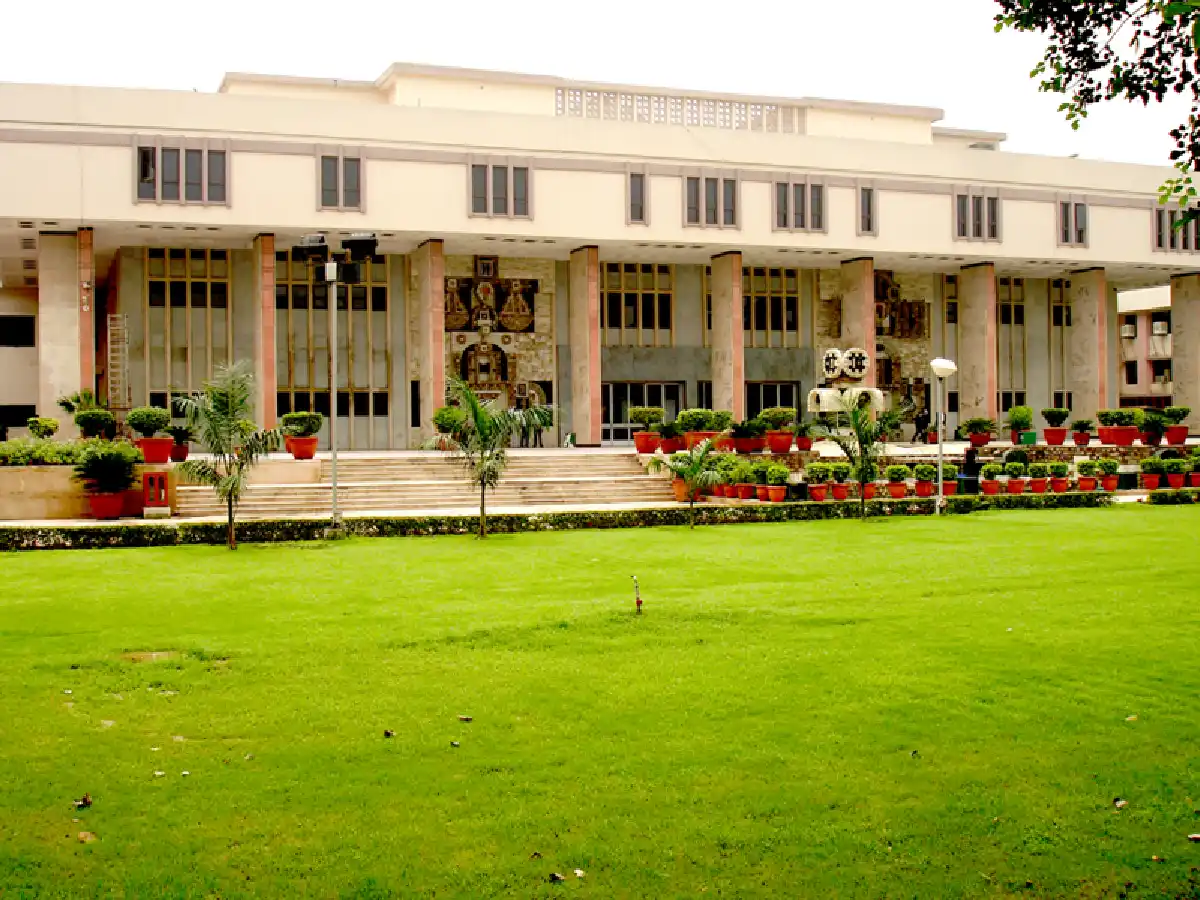Delhi High Court has not granted any relief to Sharjeel Imam, who is accused of giving an inflammatory speech at Jamia Millia Islamia University in Delhi. The hearing on Sharjeel’s petition to cancel the case registered for his inflammatory speech has been delayed by the Delhi High Court. In this instance, the court stated that there is no prohibition on the ongoing proceedings in the lower court for this case. Judge Manoj Kumar Ohri stated that the lower court has the freedom to accuse Imam.
Delhi High Court confirmed that the trial will continue without any interruption. If the trial court decides there is enough evidence, it will formally accuse the defendant. During the hearing, the court commented on Imam’s request to dismiss the charges of sedition and hate speech under sections 124A and 153A of the Indian Penal Code. Sharjeel has been charged with sedition (124A) and hate speech (153A) for giving an inflammatory speech at Jamia Millia Islamia.
The bail plea of Sharjeel Imam was rejected by the Supreme Court last Friday. Delhi High Court was requested to expedite the hearing of his bail application and provide him with bail.
In January 2020, Sharjeel Imam, a student at JNU, was apprehended in Jehanabad, Bihar. Accusations have been made against him for delivering provocative speeches at Jamia and Aligarh Muslim University in Delhi. Imam is currently dealing with a case involving sedition and the UAPA (Unlawful Activities Prevention Act). The death toll in the Delhi riots was 53, with over 700 people suffering injuries. Violence erupted in Delhi during the protest against the Citizenship Amendment Act (CAA) and National Register of Citizens (NRC), causing a lot of commotion. This issue involved a significant amount of political maneuvering.
Sources say that Punjab and Haryana Waqf Board representatives raised concerns and offered suggestions about certain parts of the bill during the meeting. The JPC meeting will also be held on Tuesday. Delhi Waqf Board’s representatives will share their opinions during the meeting.
There was commotion once again in the JPC meeting concerning the Waqf (Amendment) Bill on Monday. In the midst of the current argument between the ruling party and the opposition, the Uttarakhand Waqf Board proposed granting privileges to soldiers’ families on Waqf properties. After consulting with the Lok Sabha Secretary General, the JPC dismissed opposition MPs’ objections to the Delhi Waqf Board presentation. It is reported that the Delhi Waqf Board representatives will express their opinions during the JPC meeting on Tuesday.
The JPC, led by BJP MP Jagdambika Pal, had summoned officials from various Waqf Boards and other organizations to provide input on the Waqf Amendment Act. Opposition parties created chaos by raising doubts about the validity of the Delhi Waqf Board during its presentation.
Opposition MPs contended that Atishi, the Chief Minister of Delhi, had already sent a letter to JPC Chairman Jagdambika Pal, asking for the Delhi Waqf Board report to not be acknowledged. Atishi, the Delhi Chief Minister, wrote a letter to JPC Chairman Jagdambika Pal stating that the Delhi Waqf Board did not consult with the government about the representation.
Hence, JPC should disregard the advice of Delhi Waqf Board. The report of the Delhi Waqf Board mentions numerous irregularities related to Waqf properties, as per sources. Opposition MPs claimed that false information is being presented in the JPC meeting and discussions are being based on these inaccurate presentations. A controversial discussion took place between the ruling party’s MPs and the opposition regarding the allegations made by the opposition parties.
Following this, the members of the opposition party left the Joint Parliamentary Committee (JPC) meeting. Many opposition MPs reportedly refused to sign the attendance register to show their dissatisfaction in this issue. Even the opposition MPs who had initially signed before the controversy later removed their signatures. However, eventually the members of the opposition party once more attended the gathering. However, the impasse regarding the Delhi Waqf Board’s presentation persisted.
AIMIM MP Asaduddin Owaisi advised JPC Chairman Jagdambika Pal to seek guidance from the Lok Sabha Secretary General regarding this issue. Following a discussion with the Lok Sabha Secretary General, the JPC dismissed the objections raised by opposition parties. Tomorrow, the Delhi Waqf Board representatives will share their perspectives in the upcoming JPC meeting on Tuesday. Furthermore, tomorrow on Tuesday, there will be a presentation by the representatives of the Union Minority Ministry.
During the meeting, the Uttarakhand Waqf Board backed the Waqf Amendment Bill and urged for soldiers’ families to be granted rights to Waqf properties as well. It was contended that the soldiers stationed at the border do not adhere to any particular religion, they give up their lives for the protection of the nation.
In this scenario, the Waqf Board’s empty lands or the lands where hotels stand should be allocated to soldier families. A heated argument ensued between the representative of the Uttarakhand Waqf Board and other opposition MPs including Asaduddin Owaisi based on this suggestion. They also engaged in a fierce argument about the accusations of corruption in the Waqf Board.

